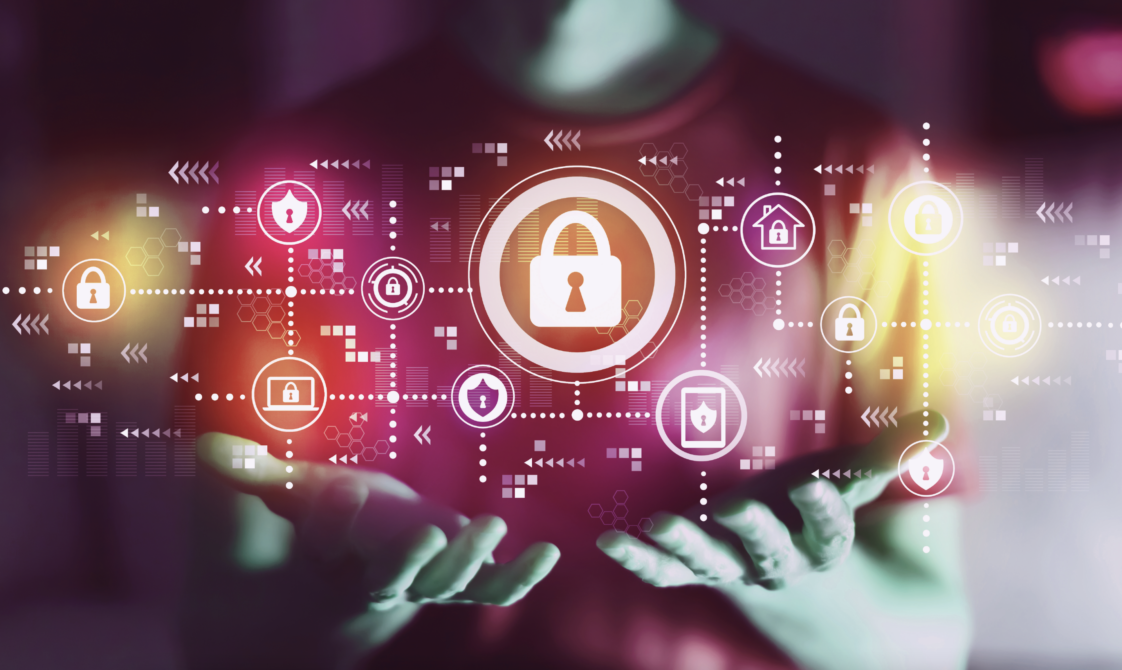
Introduction
In today’s rapidly evolving digital landscape, cybersecurity threats continue to grow in sophistication, making it imperative for organizations to prioritize security measures. While the latest technologies and software are essential, they alone cannot ensure comprehensive protection. To effectively mitigate risks, businesses must cultivate a strong security culture, where every employee understands the dangers and actively participates in safeguarding assets. In this article, we will explore the impact of a robust security culture on businesses, how to assess your current culture, and practical steps to establish a healthy security culture.
Understanding Security Culture:
Security culture refers to the collective awareness of all employees regarding cybersecurity. In a strong security culture, every member of the organization actively engages in protecting sensitive information and assets, recognizing that security is a shared responsibility, not solely the domain of security professionals. A thoughtful security culture creates a foundation that enables employees to prioritize and act in alignment with security best practices.
Assessing Your Current Security Culture:
To establish a strong security culture, it is essential to identify gaps and weaknesses in your existing policies. Here are some steps to get started:
- Identify Your Assets:Begin by determining the critical documents, applications, and data that are essential for your business operations. Understanding what needs protection is the first step towards implementing effective security measures.
- Evaluate Asset Protection:Assess how well your assets are currently protected. Consider factors such as access control, detailed user permissions, and opportunities to enhance security, such as transitioning sensitive data from public to private cloud environments.
- Identify Relevant Threats: Research and identify the specific threats prevalent in your industry. Understanding potential risks, such as phishing attacks or unauthorized network access, helps you prioritize your defense strategies and develop appropriate countermeasures.
Building a Foundation for a Healthy Security Culture:
To foster a strong security culture within your organization, follow these essential tips:
- Communicate Security Risks:
Aside from establishing clear rules and policies, it is crucial to communicate the potential consequences of poor security practices. Ensure employees understand the financial, legal, reputational, and personal risks associated with inadequate cybersecurity awareness.
- Include Security Training in Onboarding:
Make cybersecurity training an integral part of the onboarding process for all employees. Provide education on recognizing phishing emails, safe online practices, and reporting suspicious activities. Remember, human error is a leading cause of cybersecurity breaches, making regular and thorough training crucial.
- Provide Regular Refresher Training:
Security education should not be a one-time event. Offer ongoing refresher training sessions to reinforce good security practices and keep employees informed about emerging threats. By integrating security into their daily routines, you create a culture where security becomes a habit.
- Humanise Security Concerns:
When implementing new security tools or processes, ensure employees understand the importance of their role in maintaining security. Communicate the why behind security measures, listen to their concerns, incorporate feedback, and make the process as human-centric as possible. Motivated employees are more likely to embrace secure habits and actively contribute to a strong security culture.
Conclusion
Building a strong security culture is a collective responsibility within your organization. Engaging employees from day one, providing regular security training, and emphasizing their role in safeguarding the organization create an environment where security is ingrained in every aspect of your business. Encourage reporting of suspicious activities, establish clear policies and procedures, and recognize and reward employees who demonstrate good security practices. By investing in a healthy security culture, you protect your company and its valuable assets in an increasingly cyber-driven world.
Related Posts
Enhance Your Onboarding Process with These 7 Tips
The onboarding process plays a crucial role in shaping an employee’s experience and productivity from…
Crafting an Attention-Grabbing LinkedIn Profile.
Your LinkedIn page is one of the most efficient tools in your job search. With…
Creating the Future Social Workforce
In today’s rapidly evolving world, the field of social work plays a vital role in…
Metaverse Shopping: Experience the Future of Shopping!
How well this mistaken ideas off denouncing pleasure & praisings will give you complete.






